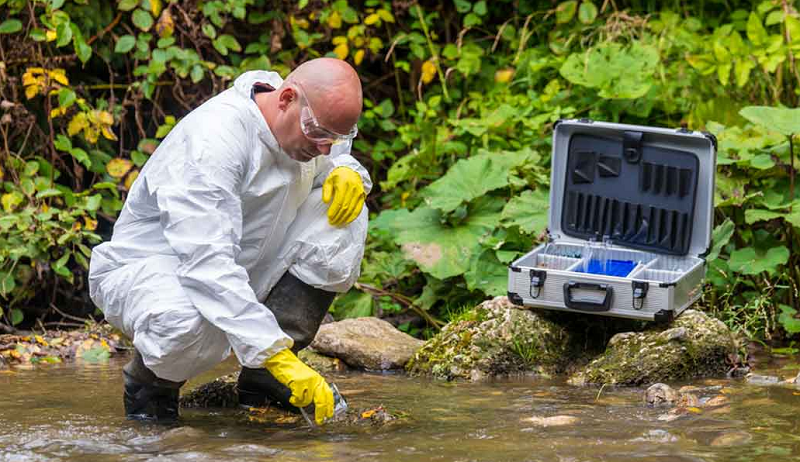
An environmental consultant, also known as an environmental specialist or environmental advisor, is a professional who provides expertise and services related to environmental issues and sustainability. These consultants work with individuals, businesses, government agencies, and organizations to address environmental challenges, comply with environmental regulations, and adopt sustainable practices. Here’s a more detailed overview of what an environmental consultant does:
Responsibilities of an Environmental Consultant:
-
Environmental Assessments: Environmental consultants conduct assessments to evaluate the potential environmental impact of various activities, such as construction projects, industrial operations, or infrastructure development. They examine factors like air and water quality, soil conditions, habitat disruption, and potential harm to ecosystems.
-
Regulatory Compliance: They assist clients in understanding and complying with local, state, and federal environmental regulations. This involves helping clients obtain the necessary permits and approvals for their projects and ensuring ongoing compliance.
-
Environmental Impact Studies: Consultants may conduct environmental impact assessments (EIAs) and environmental impact statements (EISs) to provide information on the environmental consequences of proposed projects and potential alternatives.
-
Sustainability Planning: Environmental consultants help organizations develop sustainability strategies and incorporate environmentally friendly practices into their operations. This includes reducing carbon emissions, conserving resources, and adopting green technologies.
-
Waste Management: They develop waste management plans to minimize the environmental impact of waste generation and disposal. This can include designing recycling programs and implementing hazardous waste management procedures.
-
Natural Resource Management: Consultants work on projects related to the conservation and responsible management of natural resources, such as forests, wetlands, water bodies, and wildlife habitats.
-
Risk Assessment: They assess and manage environmental risks associated with specific activities or locations, helping clients mitigate potential harm and develop contingency plans for emergencies.
-
Environmental Audits: Environmental consultants conduct environmental audits to evaluate an organization’s environmental performance, identify areas for improvement, and ensure compliance with environmental standards.
-
Data Collection and Analysis: They gather and analyze data related to environmental factors, such as air and water quality monitoring, soil testing, and wildlife surveys.
-
Client Education: Consultants educate their clients and stakeholders about environmental issues, regulations, and best practices for sustainability. This may involve training sessions, workshops, and awareness campaigns.
-
Emergency Response: They provide expertise and support during environmental emergencies, such as chemical spills, natural disasters, or contamination incidents.
-
Policy and Permitting Assistance: Assisting clients in understanding and influencing environmental policies and regulations, as well as helping them navigate the permitting process.
Environmental consultants typically have backgrounds in environmental science, engineering, geology, biology, or related fields. They work independently, for consulting firms, or as part of larger environmental and engineering organizations. Their expertise is crucial in ensuring that human activities are conducted in an environmentally responsible and sustainable manner while complying with relevant laws and regulations.


